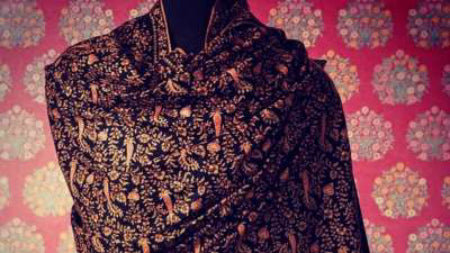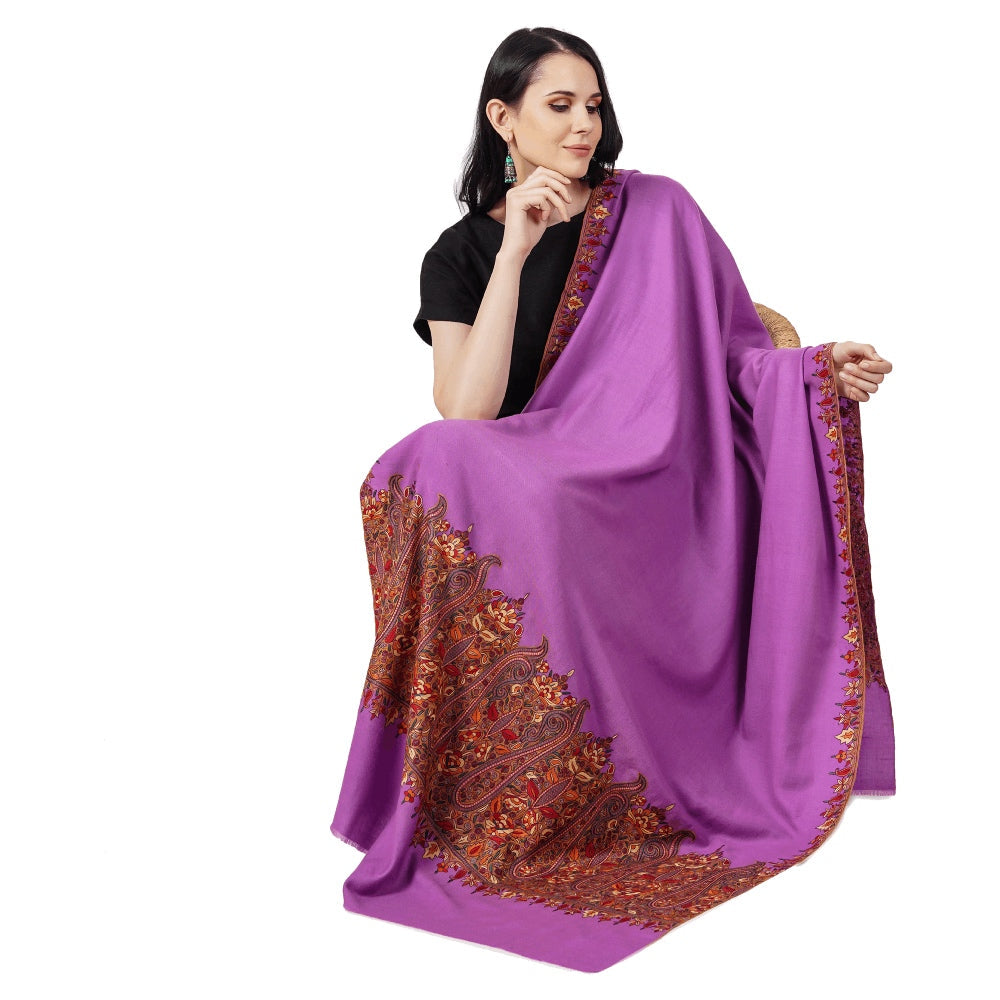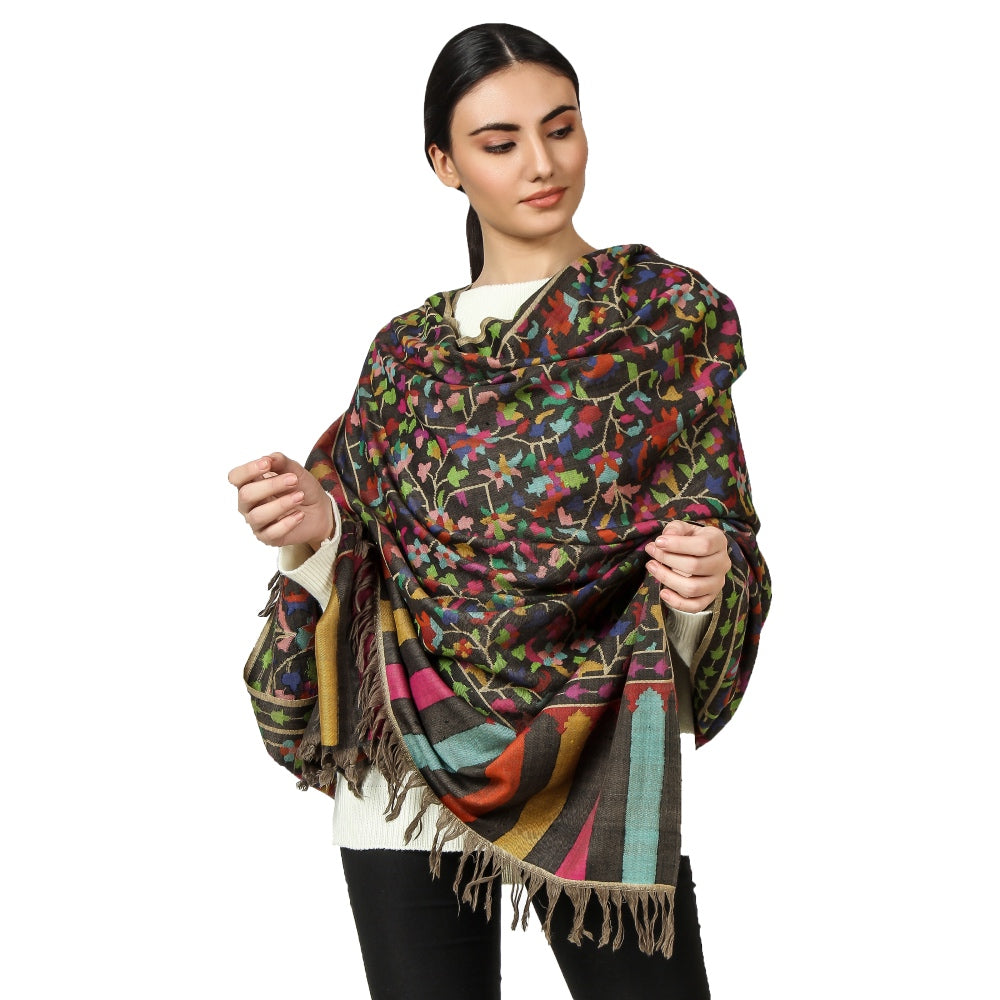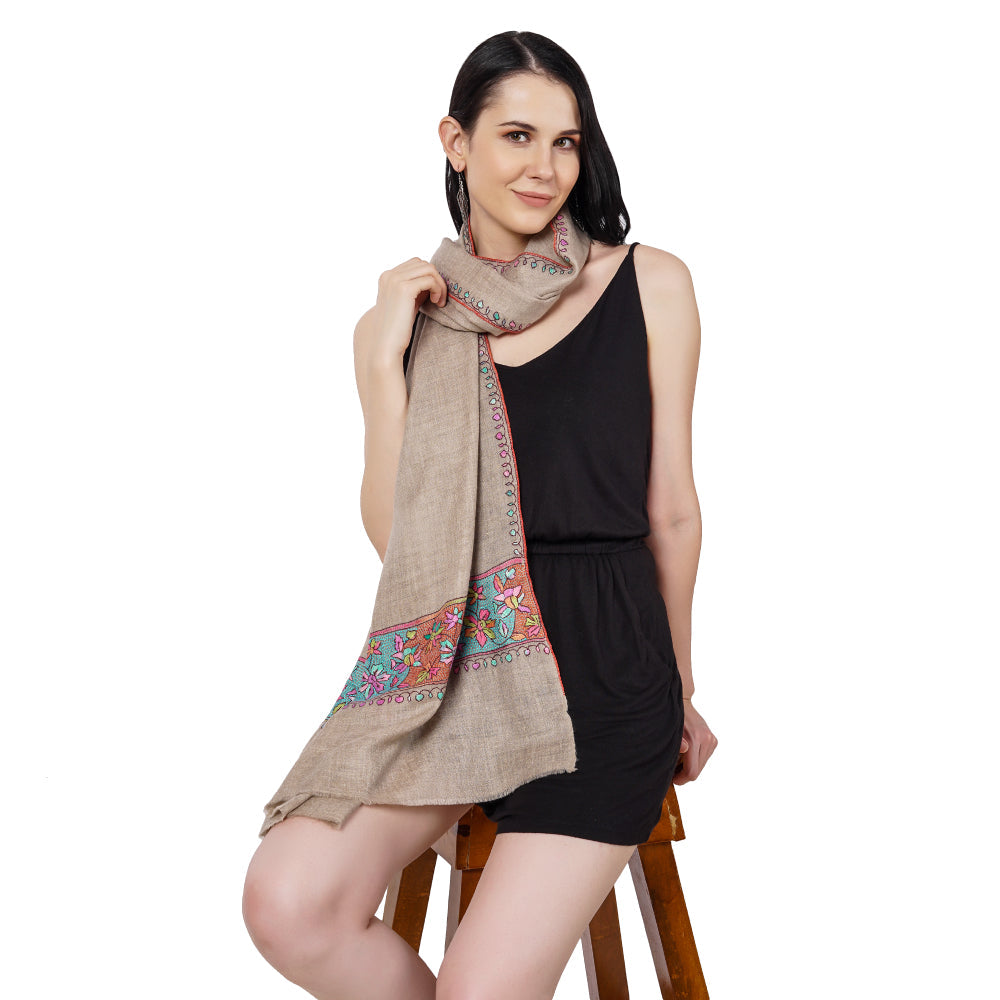
What is Pashmina Wool Used For?
Share
Pashmina wool, often referred to as the "diamond fiber" of Asia, is a luxurious and prized material that has been cherished for centuries. Derived from the fine undercoat of Himalayan mountain goats, particularly the Changthangi breed found in the high-altitude regions of India, Nepal, and Pakistan, Pashmina wool is renowned for its exceptional softness, warmth, and exquisite texture. This natural fiber has a rich history and an array of practical and aesthetic applications that have captivated people around the world.
A Brief History of Pashmina Wool
Origins and Cultural Significance
The origins of Pashmina wool can be traced back over a thousand years to the Kashmir region in the Indian subcontinent. The word "Pashmina" itself is derived from the Persian word "pashm," which means "soft gold." The art of crafting Pashmina products, such as shawls and scarves, has been passed down through generations and is deeply ingrained in the cultural heritage of the region. Pashmina has played a significant role in the trade and traditions of Kashmir, with its production and trade being closely tied to the region's economy.
The Elegance and Craftsmanship
Pashmina wool is renowned for its unique combination of warmth, softness, and lightweight feel. It is hand-processed and woven with meticulous care to create luxurious textiles that are as delicate as they are durable. Skilled artisans, often referred to as "karigars," transform the raw Pashmina fiber into exquisite shawls, stoles, scarves, and other fashion accessories. These artisans utilize traditional techniques, such as hand spinning and hand weaving, to produce textiles that showcase the finest aspects of Pashmina wool.
also read: a detailed blog on the beauty and craftmanship of kani pashmina
Practical Applications of Pashmina Wool
Fashion and Accessories
Pashmina wool's exceptional qualities have made it a sought-after material in the world of fashion. Pashmina shawls, with their intricate designs and vibrant colors, are iconic symbols of elegance and luxury. These shawls are often adorned with intricate embroidery, adding to their allure. Pashmina scarves and wraps have also gained popularity for their versatility and ability to complement both casual and formal attire. Beyond clothing, Pashmina wool is used to create a wide range of fashion accessories, including hats, gloves, and even footwear.
Home Decor and Interior Design
Pashmina wool extends its luxurious touch beyond personal fashion. The exquisite fabric is used in home decor and interior design to create an atmosphere of opulence and comfort. Pashmina throws and blankets, known for their softness and warmth, add a touch of sophistication to living spaces. Cushion covers and drapes crafted from Pashmina wool evoke a sense of luxury and create a cozy ambiance. Pashmina rugs, with their intricate patterns and plush texture, are coveted as statement pieces that enhance the aesthetic appeal of any room.
The Ethical and Sustainable Appeal of Pashmina Wool
Conservation Efforts and Sustainable Practices
The production of Pashmina wool is rooted in the traditional practices of indigenous communities. To ensure the sustainability of this precious resource, conservation efforts have been undertaken to protect the Changthangi goats and their delicate ecosystem. Sustainable practices, such as ethical grazing management and responsible harvesting of the Pashmina fiber, are being implemented to support the long-term viability of Pashmina production.
Empowerment of Artisan Communities
The Pashmina industry plays a crucial role in the livelihoods of many artisan communities in the Himalayan region. By promoting fair trade practices and supporting these artisans, Pashmina production contributes to the economic empowerment of local craftsmen and women. This not only helps preserve traditional craftsmanship but also fosters socio-economic development in the region.
also read: a detailed blog on empowering the women through GI pashmina shawls
The Timeless Allure of Pashmina Wool
Pashmina wool's enduring appeal lies in its ability to seamlessly blend luxury, comfort, and cultural heritage. From its humble origins in the Himalayas to its prestigious position on international runways, Pashmina wool continues to captivate hearts and elevate fashion and design. Whether draped around shoulders, adorning living spaces, or serving as a cherished gift, Pashmina wool remains an exquisite testament to the harmonious marriage of nature, craftsmanship, and human creativity




